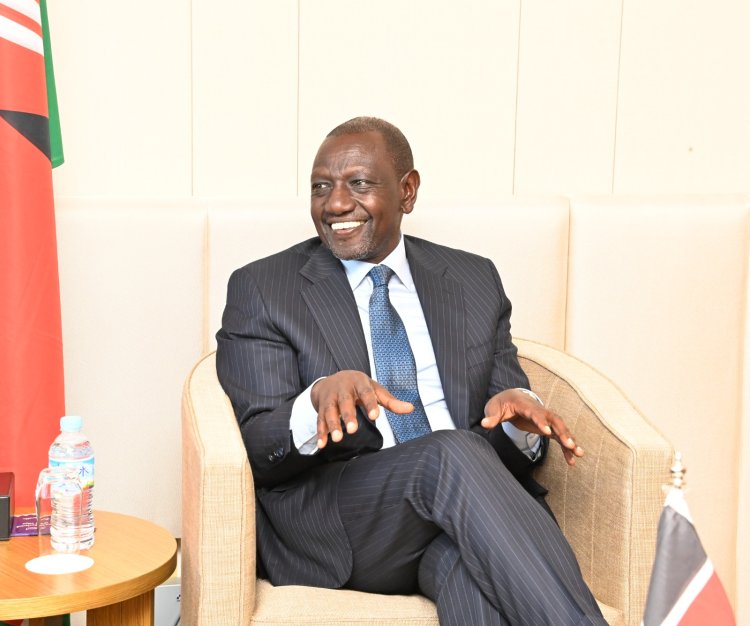Ruto Defies Court, Orders All Schools, Universities To Pay Fees Via eCitizen
It was also revealed that the digitisation plan would cut down on the high number of ghost students.

The Cabinet has approved the digitization of Kenya's entire education system, despite the High Court issuing and extending conservatory orders suspending the government directive that all parents and guardians whose learners are in national schools make payments through the eCitizen platform
In a despatch sent to Viral Tea depicting the Cabinet meeting held on Wednesday, February 14, the Cabinet explained that the intervention was necessary to eliminate issues haunting the education sector including the overcharging of school fees.
It was also revealed that the digitisation plan would cut down on the high number of ghost students.
"In keeping with the Administration’s digital transformation agenda, Cabinet sanctioned the digitization of the entire education system, spanning from basic education to tertiary and university levels.

President William Ruto leading Cabinet Secretaries during a Cabinet meeting on February 14, 2024. /FLORENCE BORE
"This intervention aims to address the governance challenges within our education system that has led to parallel accounts, charging of unauthorised school fees, diversion of the exchequer releases on capitation and other fraudulent activities that undermine the integrity of the education system, leading to the enrollment of ghost students," read the dispatch in part.
The approval is a shift from the government targeting national schools in the initial eCitizen plan.
A letter addressed to all principals dated January 31, 2024, by Education Principal Secretary Belio Kipsang, revealed that the new form of payment, which is in line with the government's directive to consolidate all platforms through pay bill number 222222, was to begin to take effect on Tuesday, February 6.
"The directorate of e-Citizen in partnership with the Information Communication Technology Authority (ICTA), Ministry of Information, Communication and the Digital Economy and the National Treasury have been coordinating the onboarding of all government services onto the E-citizen platform to enhance service delivery.
"As part of compliance with the requirements, it is directed that parents/guardians make fee payments for their learners in your institutions through this platform," the letter read in part.
The school heads were therefore asked to provide the respective particulars of their schools to be aligned with the government system. Expected from the principals included the institutions' bank details such as account name, bank, account number, bank code, and branch code.
However, the directive was suspended by the High Court on Wednesday, February 7 after a doctor from Nakuru County, Magare Gikenyi on Tuesday, February 6 moved to court seeking orders to have the directive quashed.
Justice Chacha Mwita of the Milimani Law Courts in Nairobi extended the conservatory orders and directed the case to proceed for mentioning on April 17, 2024, offering relief to parents ahead of half-term breaks and the commencement of the second term.
Gikenyi, a consultant trauma and general surgeon working for the county government of Nakuru, had moved to court to challenge the initiative which he termed illegal, arguing that it violated the principles of good governance.
According to him, parents in rural areas who had been accustomed to paying school fees via non-monetary means (trading maize and beans to the school) will be “locked out through this unfair administrative action.”
Recently, President William Ruto while addressing a delegation in Tokyo, Japan stood by the decision to compel parents to pay school fees through the unified government platform, arguing that it was geared at ensuring transparency and well-judged use of funds for the benefit of learners.


 admin
admin 




